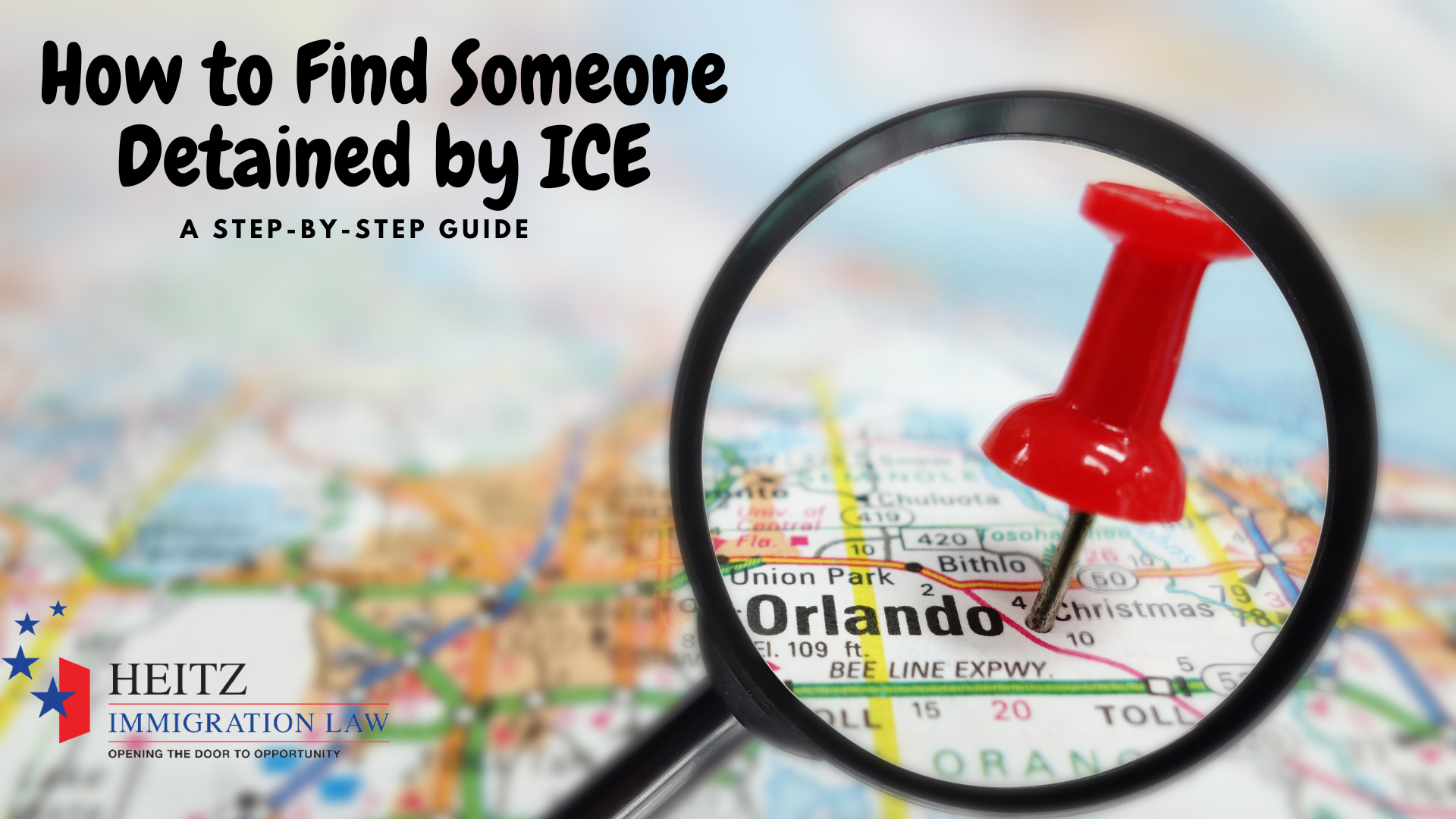LATEST UPDATE – JANUARY 24, 2025
In a swift legal response, a federal judge in Seattle has temporarily blocked President Trump’s recent executive order aimed at ending birthright citizenship, labeling it “blatantly unconstitutional.” This decision comes just days after the order was signed, highlighting the rapid mobilization of legal challenges against the administration’s actions.
For a deeper understanding of the enduring nature of birthright citizenship, please continue reading.
UPDATE – JANUARY 22, 2025
Since the publication of this post, immigrants’ rights advocates, backed by the ACLU and other organizations, have filed lawsuits challenging the Trump administration’s executive order aimed at stripping U.S. citizenship from certain babies born in the United States. These lawsuits argue that the executive order violates the 14th Amendment, which guarantees birthright citizenship.
Additionally, approximately 22 states have joined the fight by filing their own lawsuits against the order. This growing legal opposition underscores the widespread belief that the policy is unconstitutional and harmful, potentially creating a permanent underclass of children born in the U.S. without basic rights and protections.
It’s crucial to emphasize that this policy is not currently in effect. Legal battles of this magnitude take time to resolve, and the courts must weigh in before any changes can be implemented. In the meantime, the constitutional guarantee of birthright citizenship remains unchanged.
Birthright citizenship is a principle rooted in the Fourteenth Amendment of the U.S. Constitution. It guarantees that anyone born on U.S. soil is automatically a citizen, no matter their parents’ immigration status. This idea, based on the concept of jus soli or “right of the soil,” has been a vital part of American law since 1868. The landmark 1898 Supreme Court case, United States v. Wong Kim Ark, cemented this right, affirming that nearly all individuals born in the U.S. are citizens.
For more than a century, birthright citizenship has stood firm against political and legal challenges, remaining a constitutional right. While some have proposed changes to this policy, doing so would require a constitutional amendment a process that has only happened 27 times in U.S. history or a dramatic reinterpretation by the Supreme Court. Both routes would face significant hurdles, given the longstanding legal precedent supporting birthright citizenship.
The Fourteenth Amendment’s Citizenship Clause ensures that children born in the U.S., with a few exceptions, are recognized as citizens. These exceptions include children of foreign diplomats or occupying enemy forces. By granting citizenship to children of undocumented immigrants, this principle reflects America’s core values of inclusion and equality, fostering a nation built on opportunity and fairness.
Preserving birthright citizenship is essential to protecting the rights of those born in the U.S. It ensures that no one is left stateless and upholds America’s commitment to justice and equality. Despite ongoing debates, this constitutional promise remains a powerful safeguard for the values that define the United States.









